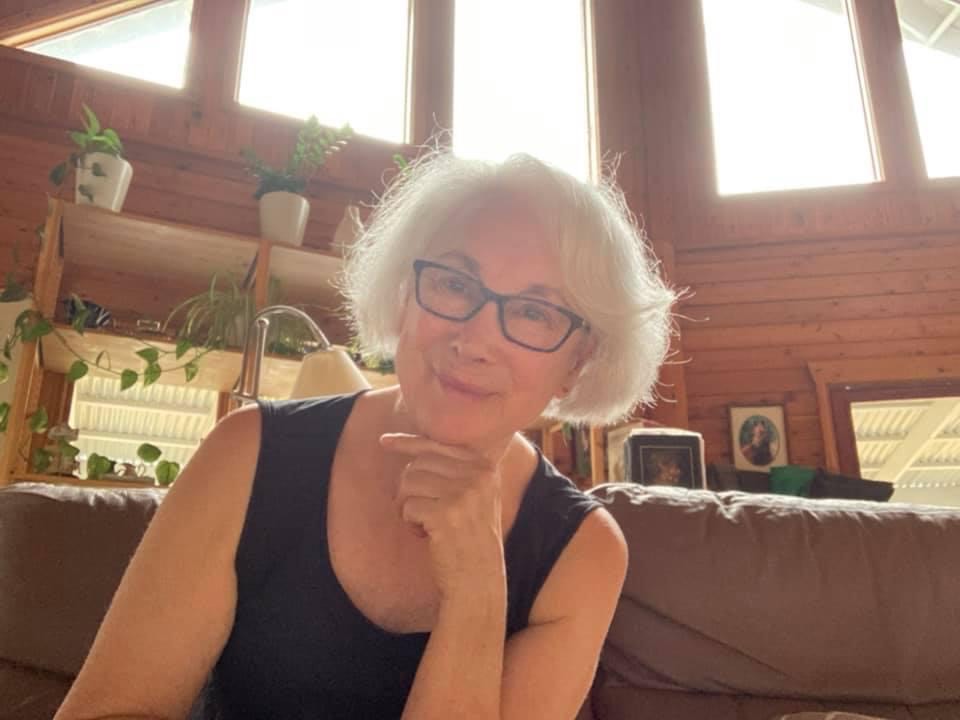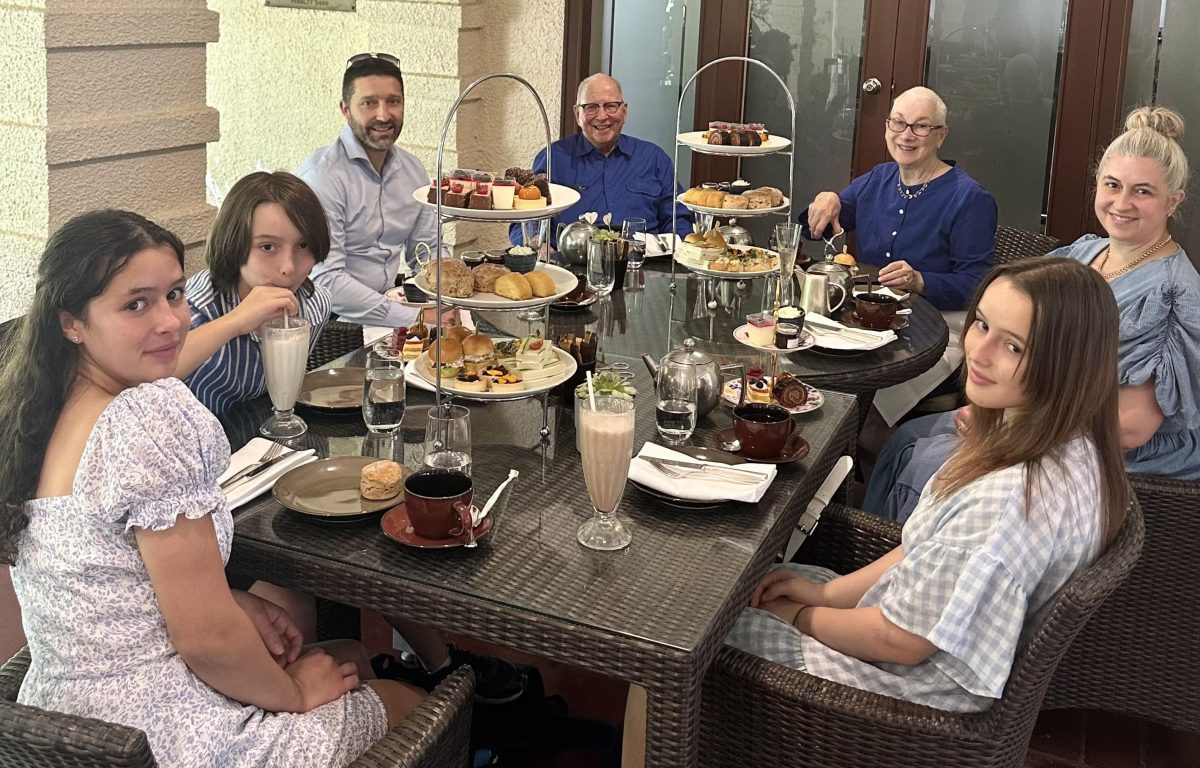
Rosemary Howe pictured before her diagnosis with glioblastoma in June 2022. Photo: Supplied.
“Why wasn’t I told I had a brain tumour?” Rosemary Howe asked her husband Charley Barber almost six months after she had been diagnosed with glioblastoma, an incurable form of brain cancer. This was the first of two incidents in which Charley had to remind his wife of her terminal illness.
“It’s really the most terrible, terrible, terrible ailment,” Charley said.
“It takes away the person’s cognitive ability. It takes away their soul. It takes away their personality.”
Rosemary was one of 1917 Australians diagnosed with a brain cancer in 2022, accounting for just 1.2 per cent of total new cancer diagnoses that calendar year.
The 74-year-old almost immediately had surgery to remove most of her right temporal lobe in June, the same month she was diagnosed.
“I soon found out that people would say, ‘Oh did they get it all when you were operated on?'” Charley said.
“Even if they excise the whole right hemisphere of her brain, it will regrow in the left.
“It is the most insidious and awful disease I can think of.”

Rosemary (rear centre right) and Charley (rear centre left) with son-in-law Josh Ryan (rear left), who is participating in The Bike Ride for Brain Cancer, his wife and children. Photo: Supplied.
Rosemary has also been treated with radio and chemotherapy, which in combination with surgery, have halted the cancer’s progression.
However, she still suffers from seizures, vision and hearing loss, reduced mobility, fatigue, headaches, and concentration and memory issues.
“In a way, I’m ideally suited to this because I know what’s coming,” said Charley, whose first wife tragically died in 2004 from the same cancer.
Rosemary was told she could expect to live for anywhere from four months to two years, upending the couple’s quiet retirement plans on the NSW South Coast and leading to them to relocate back to Canberra, where Rosemary had spent her working life in the public service.
“Our whole lives have changed because my whole life is about caring for Rosemary, and Rosemary’s whole life is about the disease,” Charley said.
“Your day becomes about your disease. It is virtually impossible to maintain a normal lifestyle. It just cannot be done.”
The Canberra couple has shared their story to raise awareness and, hopefully, research funding into the rare condition.
Rosemary pointed out that while three high-profile Americans had died from glioblastoma – senator Edward Kennedy, presidential candidate and senator John McCain and President Joe Biden’s son Beau Biden – there had been less publicity for the cancer in Australia.
“It’s like most things, early intervention has a better prognosis,” Rosemary said.
“If you do start getting headaches and nausea, get it checked out and don’t ignore it.”
Rosemary’s son-in-law Josh Ryan, who lives in Canberra with his wife and three children, has picked up the torch for his mother-in-law’s plight.
Since December, Josh has been training for The Bike Ride for Brain Cancer, a 250-kilometre ride over two days from Sydney to the Hunter Valley.
“I’ve been … getting up at five o’clock in the morning and getting out with groups of people in Canberra [and] riding around, so that when I’m out there [on 5 and 6 May], I can keep up with everybody else,” he said.
Josh said in addition to exceeding his $2500 fundraising target for research into new treatments for those with brain cancer (he now hopes to reach $5000), the ride has also allowed him to connect with others who have experienced brain cancer themselves or through someone they know.
“It’s really interesting hearing other people’s stories [of] very similar sorts of impacts to people’s families,” he said.
“It’s a good group of people to have a chat with and just understand how they’re feeling, how they’re coping with it and what comes next for us.
“It’s not a linear sort of thing. It’s an up-and-down thing over time and it’s quite difficult.”
To contribute to Josh’s fundraising goal, visit his Bike Ride for Brain Cancer page.












